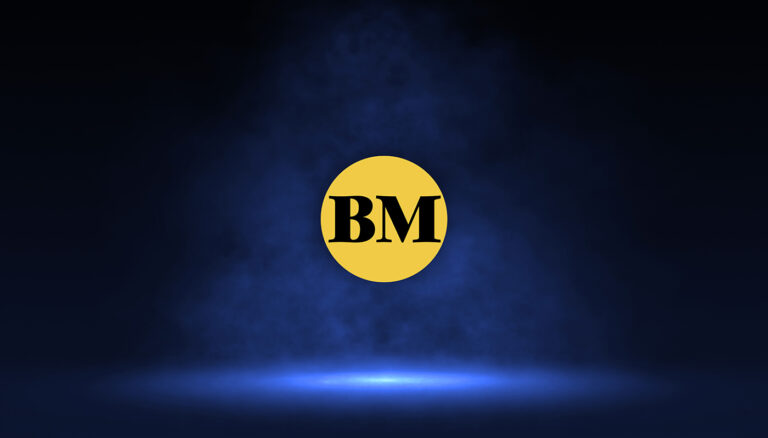
INCOMING Trade Chief Alfredo E. Pascual noted that ease of doing business (EODB) is an area that will be addressed by the Department of Trade and Industry (DTI) under his watch.
Pascual said he is “working closely with business groups that are making studies on their own and making suggestions.”
He cited that the Management Association of the Philippines (MAP), which he currently heads until the end of June this year, has a list of recommendations on the ease of doing business in the Philippines, citing digitalization as the primary solution.
“There’s this idea of improving the delivery of public services; some can be done quickly, the others may take time because, ultimately, as I see it, the solution for effective and efficient government action on business registration can be achieved through digitalization,” Pascual said in a televised interview last Friday.
He added that several local government units (LGUs) have already tried platforms in terms of ease of doing business but the incoming trade chief stressed that the ultimate goal is to replicate what the LGUs have started.
“It’s only a matter of replicating these, starting with the LGUs that are a favorite location for businesses,” Pascual said.
“And there have been other ideas like ‘one time only data entry’ instead of getting an applicant for registration going to different offices just to be…and that can be achieved through digitalization,” he added.
Meanwhile, the incoming trade chief also recommends that requirements for small businesses be waived for the formative years of their operation.
“And one idea that I’ve been toying around for small businesses, probably the requirements for registration can be waived for the first few years and only get them to submit regulatory requirements as soon as they are able to take off the ground and generate profitability,” Pascual said.
Currently, the Philippines has Republic Act (RA) 11032 (Ease of Doing Business and Efficient Government Service Delivery Act of 2018). The law aims to streamline the current systems and procedures of government services.
This particular agenda pertains to improving the competitiveness of and ease of doing business in the Philippines. The Ease of Doing Business Act was signed into law on May 28,2018, amending RA 9485 (Anti-Red Tape Act of 2007).
The strengthened version of the law is expected to facilitate prompt actions or resolution of all government transactions with efficiency. It applies to all government offices and agencies in the Executive Department including local government units (LGUs), government-owned or government-controlled corporations and other government instrumentalities located in the Philippines or abroad that provide services covering business-related and non-business transactions as defined in the Implementing Rules and Regulations (IRR).
In the World Bank 2020 Doing Business Report, the Philippines ranked 95th out of 190 economies, an improvement of 29 notches from the country’s 124th rank during the 2019 survey.
According to the Anti-Red Tape Authority (ARTA), the improvement was due to the reforms on the Starting a Business, Dealing with Construction Permits, and Protecting Minority Investors indicators.
According to Section 17 of RA 11032, the Anti-Red Tape Authority is the government agency mandated to administer and implement the said law and its IRR, and to monitor and ensure compliance with the national policy on anti-red tape and ease of doing business in the country.
Along with DTI, several government agencies such as but not limited to the Department of Finance (DOF) and National Economic Development Authority (NEDA), are tasked to submit to ARTA a report on the status of their respective projects related to regulatory management and anti-red tape initiatives.

